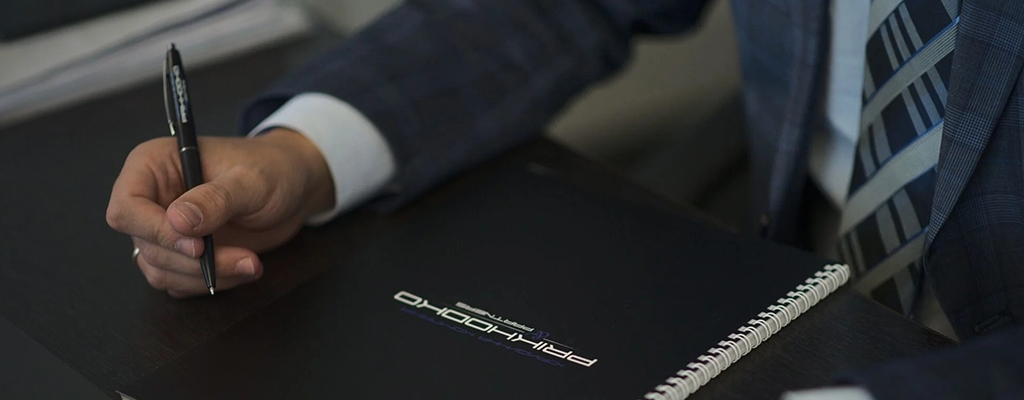
"Justitia omnibus - Justice for all!"
APOSTILLE ON THE DECISION OF THE COURT
Court-ordered apostille – is an important procedure that is required in cases where you need to certify the originality of a legal document and all its details. It makes life easier if you are outside of Ukraine and you need to provide a court decision to an international authority to certify the legality of such a document.
In this article, we will consider the concept of an apostille, and the features of its application, as well as problems that may arise when certifying a court decision with an apostille.
What is the concept of an apostille in Ukraine and why is this procedure so common?
The most popular way of preparing documents for their legal use in foreign countries today is affixing an apostille. This process was introduced through the Hague Convention, which was signed in 1961.
Which canceled the requirement for all participants who undertook to fulfill the provisions established by the Convention to legalize documents of foreign origin. In general, it was ratified by more than 90 countries (including Ukraine), which is why the apostille became so widely distributed in our country.
There is no legal definition of an apostille in Ukraine, there is only a mention of it in the Hague Convention and in which cases it is applied. Then the question arises, what exactly is meant by an apostille? If we analyze the provisions of this Convention, we can come to the conclusion that the apostille is a special stamp that certifies the authenticity of all the details of the document, and the signatures of individuals and gives it a legal force in the participating states that have ratified the Hague Convention.
What are the features of applying an apostille to a court decision?
The Ministry of Justice is the official body in Ukraine responsible for the oscillation of court decisions. Accordingly, you submit an application to the Ministry of Justice and pay the state duty, and then the process of applying an apostille to the court decision is already underway.
The oscillation process itself requires the use of the original document obtained in court. After that, the decision must be a notarized copy (this applies primarily to countries that have not ratified the Hague Convention).
However, in general, the apostille process involves checking three key factors: the validity of the document, the legitimacy of the seal, and the authenticity of the signature of the judge signing the document.
It should be remembered that the original court decision is kept exclusively in the court archive. Parties participating in the case are issued only a copy of the decree or court decision certified by a judge. As a result, an apostille is placed on this copy to confirm the authenticity of all the details of the document and to give it a legal force in foreign countries that have ratified the Hague Convention.
What problems can arise when certifying a court decision with an apostille?
A court decision is a document that the ministry often returns for re-registration or revision.
When affixing an apostille to a court decision, the most common mistakes are often non-compliance with the standards set by the Ministry in several elements. Such elements include the signature, seal, full name of the judge, and mandatory inscriptions “the copy is true”, “according to the original”, “the original is in the court archive”, etc.
Now let’s take a closer look at each type of error:
- The judge’s signature is certified by his real sample. In Ukraine, all courts are obliged to provide the Ministry of Justice with samples of the signatures of their acting judges. This is done in order to verify the authenticity of the judge’s signature when submitting a court decision, in order to put an apostille on it. If the signature on the decision does not match the sample signature in the archives of the Ministry of Justice, the request for an apostille will be rejected.
- The decision is not signed by the judge, but by his assistant. This is possible in those cases when the judge abuses his official position and does not sign some court decisions, and his assistant does it instead.
- The court decision does not contain mandatory details of the document. Such requisites can be the signature of the judge, his name and seal, “The copy is true”, “According to the original”, “The original is in the court archive”, “The decision has entered into legal force”, etc.
Do you need help or legal advice on how to correctly submit documents so that they are apostilled and not refused to provide such a service?
In such a situation, contact the “Prykhodko and Partners ” law office. Our team will provide you with all comprehensive answers to your question and will help design apostilles on your documents.

Calculate the cost of services
1 question
Do you need to certify the originality of a legal document?
2 question
Are you in Ukraine?
3 question
Do you need legal assistance urgently?
Articles on the topic:
call back
during the day





